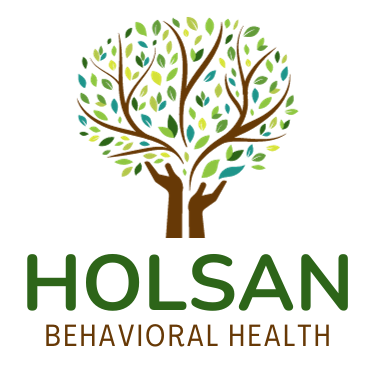Teen dating violence is a pervasive issue that affects millions of young people every year. As part of Teen Dating Violence Awareness and Prevention Month, we aim to shed light on the warning signs, consequences, and strategies for preventing abusive relationships among teenagers. By educating ourselves and supporting those at risk, we can help create healthier, safer relationships for young people.
Understanding Teen Dating Violence
Teen dating violence (TDV) includes physical, emotional, psychological, and sexual abuse in a dating relationship. It can occur in person or through digital platforms such as social media, text messages, and phone calls. According to the Centers for Disease Control and Prevention (CDC), approximately 1 in 12 high school students experience physical or sexual dating violence each year.
To learn more about teen dating violence statistics, visit the CDC’s website.
Signs of an Abusive Relationship
Recognizing the red flags of teen dating violence can help individuals and their loved ones intervene before the abuse escalates. Common warning signs include:
- Jealousy and Possessiveness: A partner who constantly checks up on their significant other or isolates them from friends and family.
- Verbal or Emotional Abuse: Insults, threats, or attempts to control the other person’s actions.
- Physical Violence: Hitting, shoving, slapping, or any other form of physical harm.
- Sexual Coercion: Pressuring a partner into unwanted sexual activities.
- Digital Abuse: Controlling social media accounts, sending excessive texts, or demanding access to private messages.
If you or someone you know is experiencing these signs, reach out to the National Dating Abuse Helpline at 1-866-331-9474 for support and guidance.
The Impact of Teen Dating Violence
Teen dating violence can have severe and long-lasting effects on victims, including:
- Mental Health Issues: Increased risk of depression, anxiety, and suicidal thoughts.
- Lower Academic Performance: Difficulty focusing on schoolwork due to emotional distress.
- Substance Abuse: Higher likelihood of engaging in drug and alcohol use as a coping mechanism.
- Future Relationship Challenges: Greater risk of experiencing abuse in future relationships.
For more information on how TDV affects young people, visit Love Is Respect.
Prevention Strategies and Support
Preventing teen dating violence requires a collaborative effort from parents, schools, and communities. Here are some key prevention strategies:
1. Educate Teens About Healthy Relationships
Teaching young people about mutual respect, consent, and communication can help them build positive and healthy relationships. Schools should incorporate relationship education into their curricula.
2. Encourage Open Communication
Parents and guardians should foster a safe environment where teens feel comfortable discussing their relationships without fear of judgment.
3. Recognize and Address Early Warning Signs
Friends, family members, and educators should be aware of the warning signs of dating violence and take action when necessary.
4. Utilize Available Resources
Organizations like Break the Cycle provide valuable tools and support for both teens and parents.
5. Promote Bystander Intervention
Encouraging young people to speak up and support their peers if they witness abusive behavior can help prevent further harm.
The Long-Term Mental Health Risks of Teen Dating Violence
Ongoing abuse in teenage relationships can have lasting mental health effects, sometimes leading to Complex Post-Traumatic Stress Disorder (CPTSD). Victims of prolonged emotional or physical abuse may struggle with self-worth, develop severe anxiety, or experience flashbacks of past trauma well into adulthood. For some, therapy alone may not be enough, and medication interventions such as antidepressants or mood stabilizers can play a crucial role in managing symptoms. While there is support available to help survivors heal, prevention is the key focus this February—ensuring young people recognize the dangers of dating violence before the cycle begins.
At Holsan Behavioral Health, we are committed to supporting survivors in their healing journey. Our compassionate team provides comprehensive psychiatric care, including therapy and medication management, to help individuals regain their mental well-being. If you or a loved one is struggling with the effects of dating violence, we encourage you to seek professional support.
Take Action Today
Teen dating violence is preventable, but it requires awareness, education, and action. If you or someone you know is experiencing dating abuse, don’t hesitate to seek help. Call the National Dating Abuse Helpline at 1-866-331-9474 or visit Love Is Respect for confidential support.
By breaking the cycle of abuse and fostering healthy relationships, we can help teens build a safer and brighter future.

